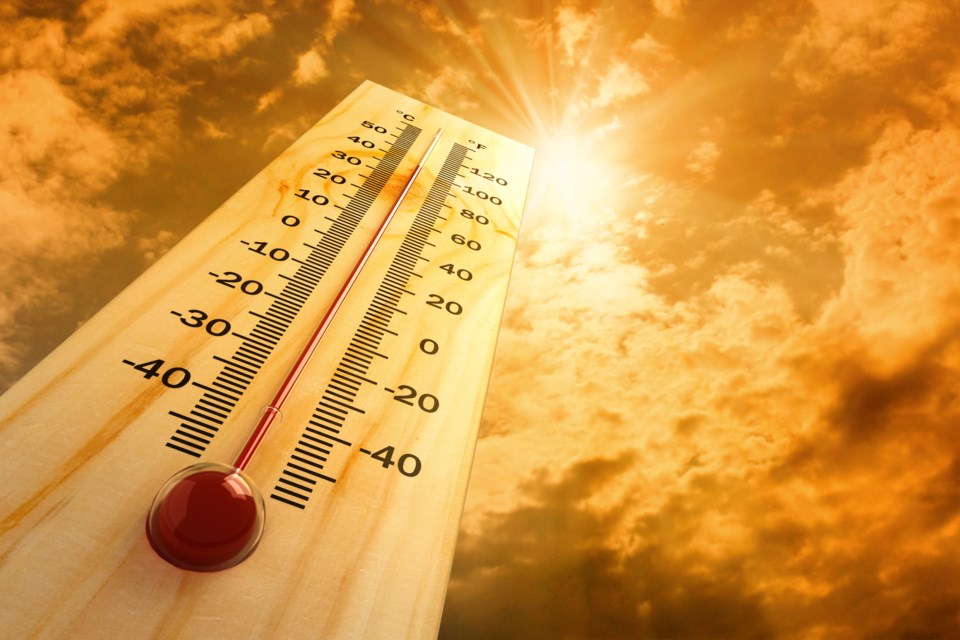With the potential for some hot weather on the horizon, Algoma Public Health has issued some reminders on the increased health risks that come with warmer temperatures.
The weather impacts many people who are at a higher risk of heat-related illnesses.
Following is a full release from APH on staying safe during the heat waves:
As we approach the warmer months, Algoma Public Health is encouraging people to take additional precautions in protecting themselves against the heat. While extreme heat can put everyone at risk, some people can be at higher risk of heat-related illness, including (but not limited to):
- older adults
- infants and young children
- people who are pregnant
- people with pre-existing health conditions or reduced mobility
- people using certain medications or alcohol
- people who live alone or who are socially isolated
- people who work or exercise in the heat
- people living in situations of lower socio-economic status
- people who are new to the area and do not speak French or English (including tourists)
“The importance of checking in with people at higher risk of heat related illness during the warmer months is extremely important,” said Nicole Lindhal, manager of emergency preparedness and response. “Although heat-related illnesses are preventable, there are people who remain at higher risk. Following our ‘tips to beat the heat’ while recognizing the signs and symptoms are critical in ensuring that we can all enjoy the summer months while also taking the necessary precautions.”
Some tips to beat the heat can include drinking plenty of liquids (especially water), avoiding long-term sun exposure and finding shade, wearing loose-fitting, light-coloured clothing, and preparing meals that don’t require an oven.
These tips should be considered especially when checking-in on individuals at higher risk of heat related illness which can include our neighbours, friends, and family.
Signs and Symptoms of Heat-Related Illnesses:
- Dizziness or fainting
- Nausea or vomiting
- Headache
- Rapid breathing and heartbeat
- Extreme thirst
- Decreased urination with unusually dark yellow urine
For more information on extreme heat visit the APH Extreme Temperature page and follow us on social (@algomahealth) to stay informed during the warmer months. Get the WeatherCAN app to receive direct notification of extreme weather warnings to your phone.
